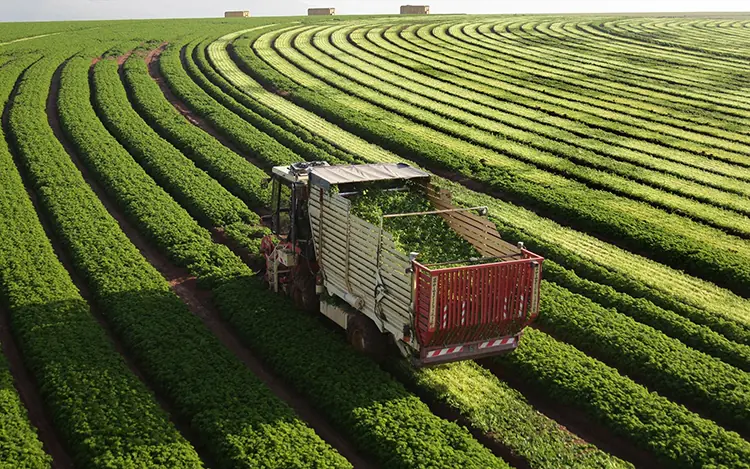
Moving to night irrigation will lower water costs. There is typically less wind at night, so loss of water from spray jets and pivots will be reduced. By moving the agricultural irrigation cycle to the night, you will also prevent and mitigate many of the side effects created by evaporation. Since it’s usually cooler at night, less water is lost to evaporation, reducing the total volume of water delivery needed for the irrigation system. Less evaporation also means a lower level of salinity in your soil, which in turn means a better crop. Also, electricity rates may be lower at night, which will result in cost savings for pump operation.
However, one important factor to take into account in irrigation system design is increased automation as automated solutions will require little manual maintenance and will reduce or eliminate the need for nighttime monitoring. This will ensure that you sleep soundly at night while your crops’ irrigation system is operating.
Advanced irrigation software solutions that automate your end-to-end irrigation processes will alert you to irregularities, and automatically adjust parameters based on climate and other fluctuations. In addition, by integrating Amiad automatic self-cleaning filter solution into your irrigation system, you can avoid emitter clogging, reduce the number of emergency repairs, and help ensure uniform irrigation of you crops.
We’ve put together more tips to help you ensure your night irrigation runs as smoothly as possible
Download the PDF
Want to learn more about night irrigation?






